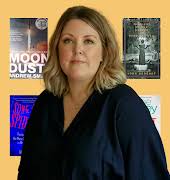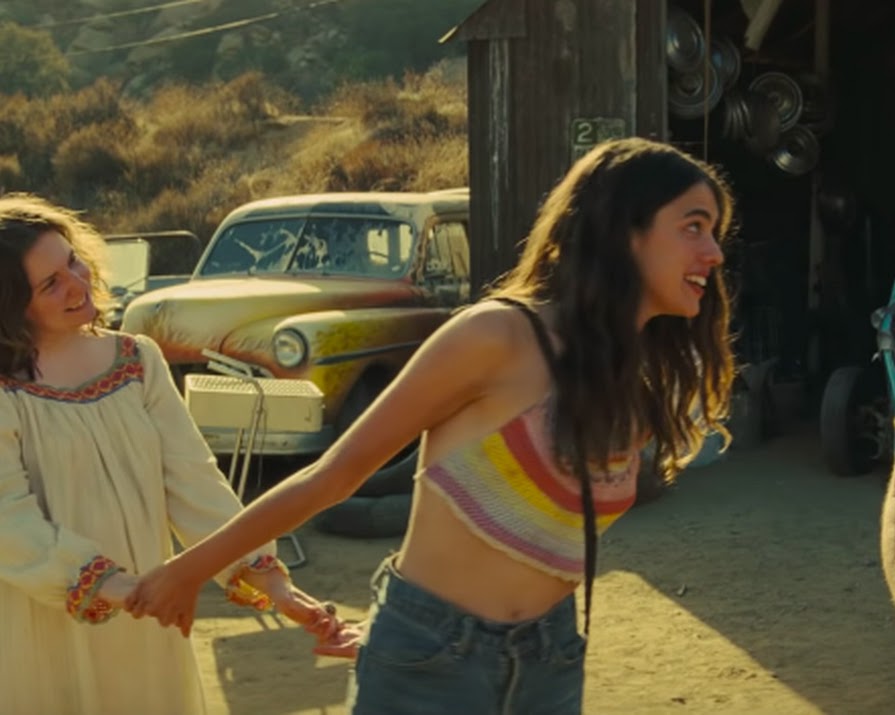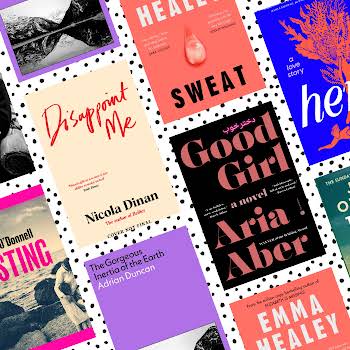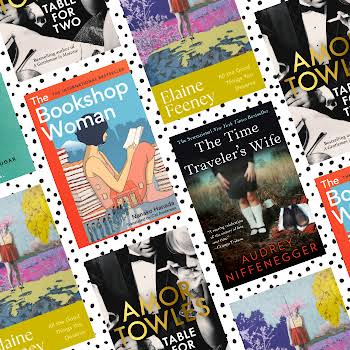
By Jennifer McShane
27th Jun 2021
27th Jun 2021
As Quentin Tarantino prepares to release his first novel based on Once Upon a Time in Hollywood, Jennifer McShane revisits a divisive-yet-brilliant debut novel she couldn't get out of her head.
Emma Cline’s eloquent, coming-of-age debut novel The Girls divided me because, on the one hand, I’ve read far too much material about the hapless devotees of Charles Manson – and far too little of the victims whose lives he and his followers took away. However, Cline’s unique insight is the draw here. She doesn’t paint the women who followed him as cool hipsters, but entranced; they couldn’t have escaped his thrall, even if they wanted to.
The Californian writer drew inspiration from her admitted obsession with Charles Manson for the story, but it was not he that appealed to Cline, but the young women who flocked to him. Her parents would drive past Manson’s prison when she was young, calling it his “house,” this, she said, sparked her idea for the book. It was only as an adult she learned of his inner-circle of women; devotees helplessly, hopelessly drawn to the so-called charismatic leader; one who had such a hold on them they would do his bidding, no matter what he asked.
It was Manson who orchestrated multiple killings in Southern California in 1969, including the murder of the actress Sharon Tate. And so, the scene of the story is set: the year is 1969 and heat is intense. Fourteen-year-old Evie Boyd is about to have a summer she will never be able to forget. But we enter the novel in the present day and Boyd – now middle-aged – reflects on her youth, the hazy Californian summer. She’s spared the worst, but the mistakes continue to haunt her years later.
An expert in female sadness
Young Evie is unsure and lonely. Her parents have separated, and it doesn’t take long for her to fall under the spell of Suzanne, the coolest of the girls. She is, exactly who Evie aspires to be. But Suzanne is already in the thrall of someone herself: Charles Manson-esque cult leader, the creepy Russell.
“[The focus is on] the women who lingered on the outside… not complicit in the killings, but who realised too late the tragedy and horror of what was to come”
So desperate for love and adult approval is Evie that she ignores the signs of brainwashing and becomes immersed the world of a born-again, self-titled prophet; this man, “an expert in female sadness” drawing on girls with neglectful parents. Our narrator, alongside all the other girls, are easy targets; Russell asks them to give and give they do. They offer their minds, bodies and money and then much more to please their leader who wields power over them with tales of love and no boundaries.

Charles Manson has, hugely problematically, become a cult in himself. Today, too many books, TV shows and made-for-TV movies still centre on this dark, chilling figure. Yet here, this is how Cline’s novel differs. She had enough of historical depictions of Manson and wanted to focus on dark impulses that drove his acolytes, specifically the women who lingered on the outside (as well as in) – not complicit in the killings, but who realised too late the tragedy and horror of what was to come.
From the beginning, the reader is assured of the gruesome tragedy ahead, yet when it does, the reader feels a sense of detachment as intended – Evie is, in this case, a spectator. So while the deaths unfold, it was her adult detailed reflections that are the centre of the novel; they are introspective and beautiful, and the centrefold of Suzanne’s friendship with Evie offers a change of pace; a break from the cult world of Manson and his devastating and dark demands, which enables the story to flow.
This is a perceptive, insightful book on the often harsh realities of the formative teenage years and a telling truth of what some will be driven to do in order to belong.























